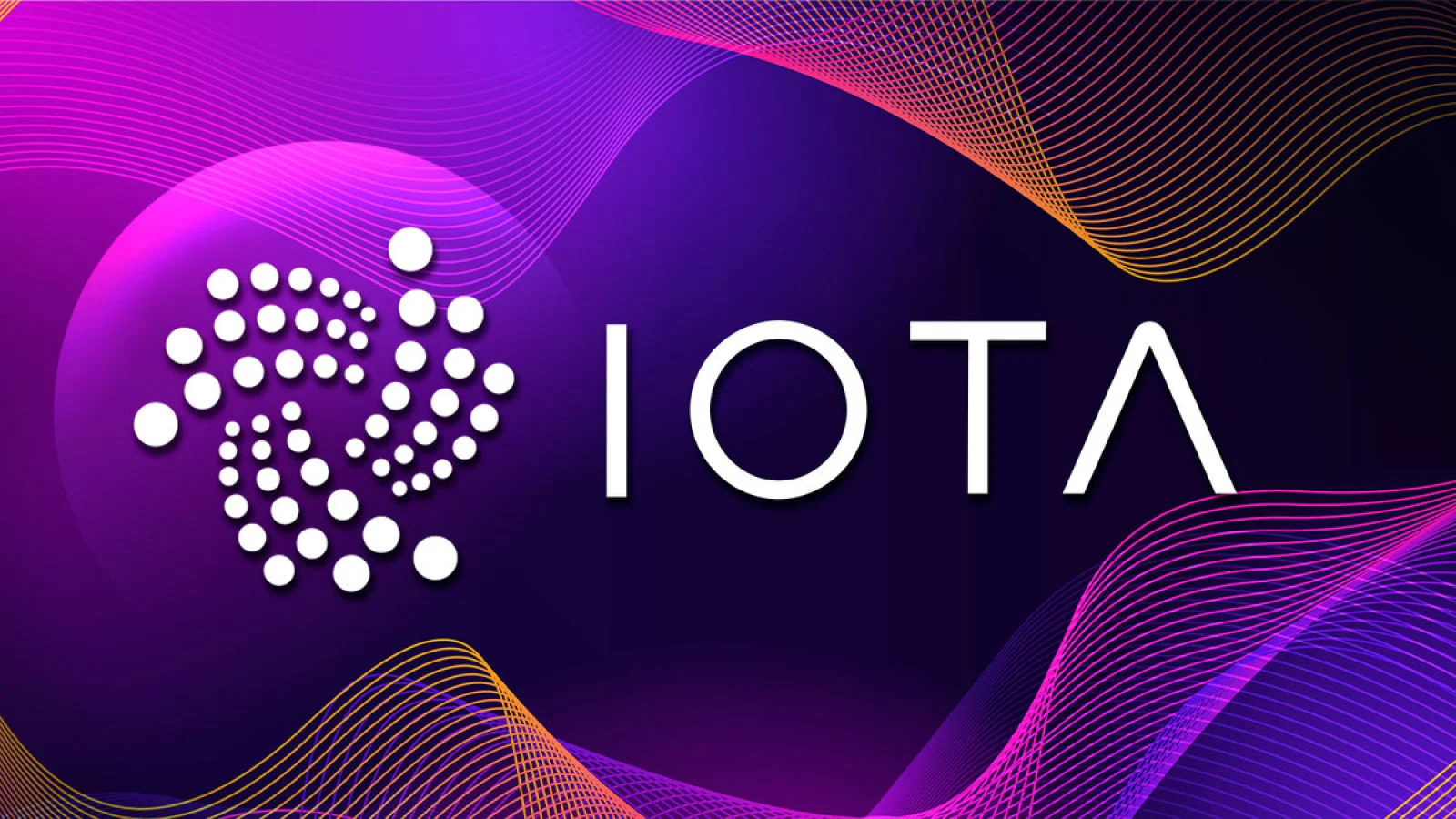|
Getting your Trinity Audio player ready...
|
The BRICS bloc’s concerted push to reduce reliance on the US dollar is gaining significant traction, with Russia and China leading the charge. A recent surge in cryptocurrency usage for bilateral trade between the two economic giants underscores this trend.
Western sanctions imposed on Russia have accelerated the search for alternative payment systems. Both nations have been exploring avenues to bypass the dollar-dominated financial infrastructure. As a result, digital assets have emerged as a viable option for cross-border transactions.
A report by Reuters highlights the role of cryptocurrencies in facilitating trade between Russia and China. The increasing complexity of banking regulations and the fear of secondary sanctions have discouraged financial institutions from handling these transactions. This has created a fertile ground for crypto-based platforms like Qifa to thrive.
The growing adoption of cryptocurrencies within the BRICS bloc is a strategic move to reduce vulnerabilities to external economic pressures. By developing its own digital currency and payment system, the bloc aims to create a more resilient financial ecosystem. This initiative could potentially reshape global finance and challenge the dominance of the US dollar.
As the BRICS nations deepen their economic cooperation, the use of cryptocurrencies is likely to become more prevalent. This shift has far-reaching implications for the global financial landscape and could accelerate the emergence of a multipolar world order.
While the embrace of cryptocurrencies by Russia and China is a significant development, challenges remain. Volatility in the cryptocurrency market poses risks, and regulatory uncertainties could hinder widespread adoption. Furthermore, the creation of a unified BRICS currency is a complex endeavor that requires careful coordination among member nations. Despite these hurdles, the increasing reliance on digital assets within the bloc signifies a paradigm shift in global finance and could potentially reshape the international monetary system.
Disclaimer: The information in this article is for general purposes only and does not constitute financial advice. The author’s views are personal and may not reflect the views of Chain Affairs. Before making any investment decisions, you should always conduct your own research. Chain Affairs is not responsible for any financial losses.




